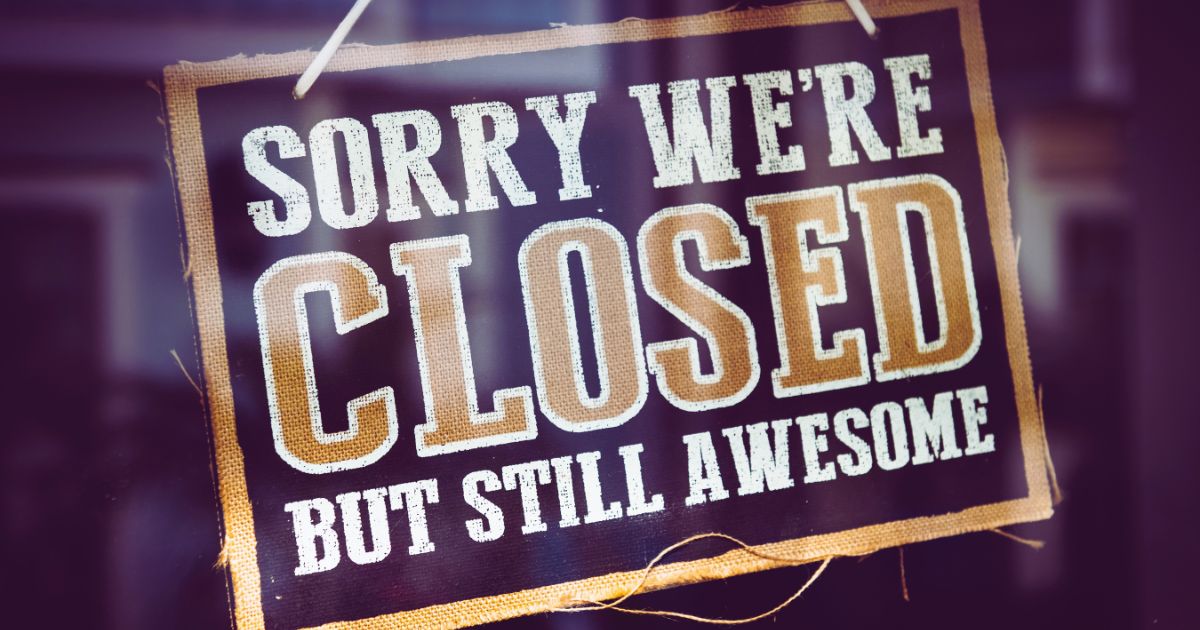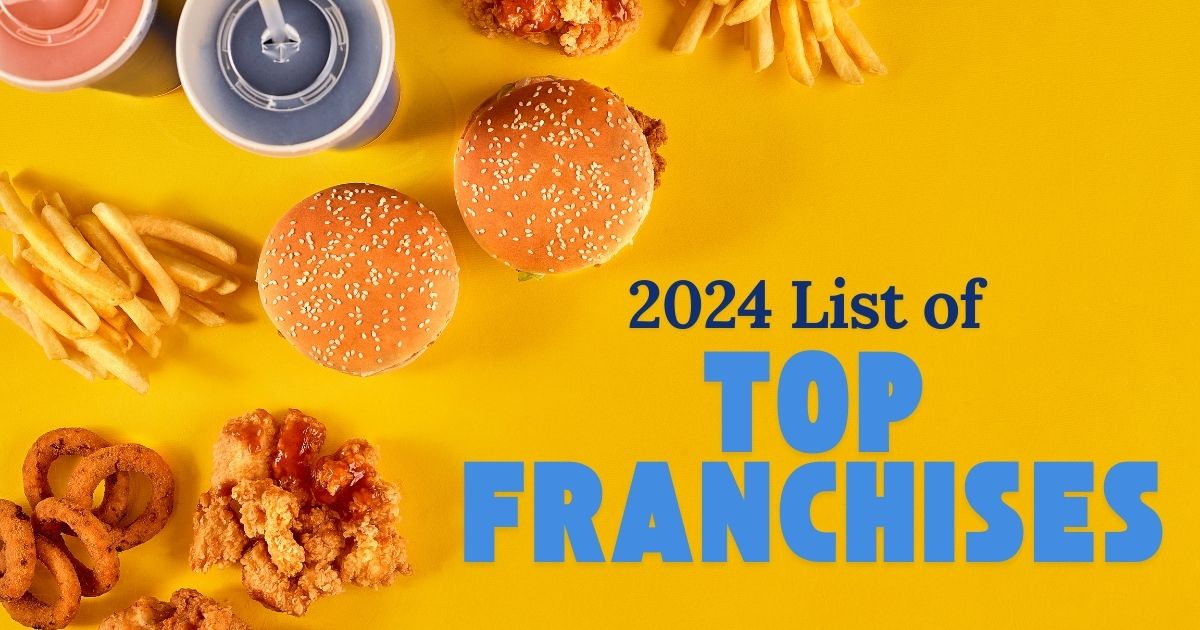
The franchising industry has opportunities for entrepreneurs looking to take advantage of the popularity of fast foods and services like beauty and wellness, education and child care.
While franchising has a lot of advantages, including being a tried and tested system and business model, there are some obstacles for entrepreneurs looking to enter the sector. The first big barrier that potential franchise owners will face is the high cost. This is especially true if you have their eye on more well-established and popular brands.
Financing Needs
To apply to become a franchisee, business owners will be required to secure financing to cover the franchise costs upfront. This can include the store set-up costs and joining fees, as well as ongoing fees like monthly royalty fees, marketing fees (as a percentage of turnover) and often a volume-based fee.
Loans for a Franchise Business
To access the financing they need, business owners can approach a bank for a loan. Many of the major banks in the country have a franchise division with a focus on franchise financing. According to the Which Franchise website, a prospective franchisee needs between 40 and 50% “of the total franchise investment in cash or similar unencumbered funds”. The bank will finance the balance if the application is approved.
Types of Franchise Loans Available
Prospective franchisees can apply for a variety of loans to cover their franchise costs, including:
- Term loans – a lump sum of cash up front, which you then repay, plus interest, in monthly instalments over a set period of time e.g. 60 months.
- Working capital funding – boosts working capital in a business.
- Inventory loan – helps businesses to buy stock.
Research your options and get a quote for a business loan HERE.
How to Get a Franchise Loan
In the article, A Guide to Fast Food Franchising, Andre Beck, Sector Head: Fast Food and Restaurants at FNB Business, provides a list of factors banks will consider before granting a loan.
- Detailed franchise description and system.
- Business plan.
- FICA and personal balance sheet of all prospective shareholders and sureties.
- Contract and franchisor approval letter.
- Detailed description of all set-up costs and estimated cash flow forecast.
- Own contribution to purchase the franchise and collateral if required.
- Funding requirements may differ depending on the type of franchise. Banks consider whether it is a new setup or an existing business.
From Nandos to RocoMamas and Candi & Co. Here is a list of 100% South African franchises that aspiring entrepreneurs can look into. See the full list HERE.


















